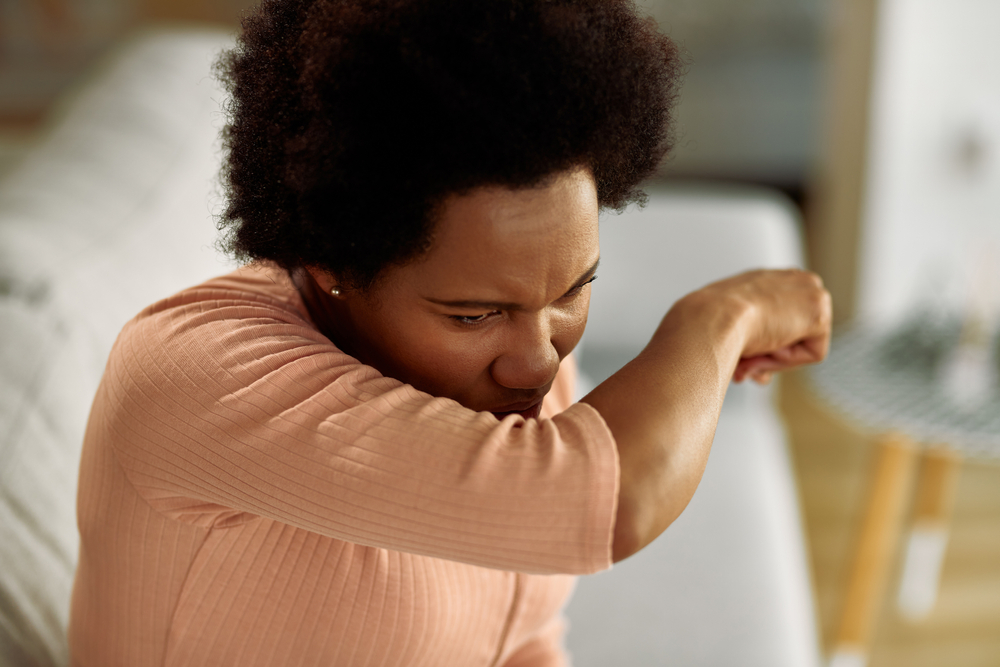Remember when we thought some diseases were practically history? Well, whooping cough just made an unexpected and frankly terrifying comeback. The numbers will shock you: cases skyrocketed from 6,479 in 2023 to a jaw-dropping 32,085 in 2024. That’s not just a small increase. We’re talking about a five-fold explosion in cases that has health experts seriously concerned.
1. The scary truth about how cases have surged
The progression of this disease’s comeback is nothing short of alarming. Back in 2021, there were only 1,478 cases nationwide, making it seem like we had this disease under control. By 2022, that number crept up to 2,265 cases, raising eyebrows in the medical community. Then cases nearly tripled to 6,479 in 2023, setting off alarm bells among health officials. Now in 2024, we’re facing 32,085 cases, the highest number since 2012’s record of 40,411.
2. What actually happens when you get whooping cough
This isn’t your average cough. Whooping cough, caused by a bacteria called Bordetella pertussis, starts sneakily enough. You might think you just have a cold at first with the usual suspects: runny nose, mild fever and some sneezing. But then things take a serious turn. Within a couple weeks, those mild symptoms transform into something much more severe. Picture coughing fits so intense they can actually break ribs. Yes, you read that right. The signature “whoop” sound happens when people desperately gasp for air between coughing episodes.
3. The covid connection nobody saw coming
Remember all those masks and social distancing during covid? Turns out they were keeping more than just coronavirus at bay. Health experts now believe these measures helped suppress whooping cough cases to historic lows. But as we returned to normal life, the bacteria found its opportunity to spread again. This unexpected connection reveals just how interconnected our public health measures can be.
4. Why even vaccinated people aren’t totally safe
Here’s where things get complicated. While vaccines remain our best defense, they’re not a perfect shield. The protection can wear off over time, which means even vaccinated individuals might catch whooping cough. This doesn’t mean vaccines don’t work. They absolutely do, but it does mean we need to stay vigilant. The CDC emphasizes that vaccination remains crucial, recommending specific vaccines for different age groups. Children should receive the DTaP vaccine, while adults need the TDaP vaccine. Pregnant women should get vaccinated during each pregnancy, and healthcare workers and those around infants need regular boosters.
5. What you need to know right now
Protection starts with awareness and early detection. While anyone can catch whooping cough, certain groups face greater danger. Infants and young children are particularly vulnerable to severe complications. The coughing fits can persist for weeks or even months, causing breathing difficulties, extreme fatigue and possible complications requiring hospitalization. Beyond vaccination, understanding the symptoms and seeking early treatment can make a huge difference. If someone in your household shows signs of whooping cough, quick action is crucial as the illness spreads easily through close contact.
Health officials are closely monitoring this surge in cases, but we have better tools to fight whooping cough today than ever before. Modern medical care, combined with proper vaccination and awareness, can help control this outbreak. This surge serves as a wake-up call about the importance of maintaining vaccination schedules and staying alert to changing health situations. While the numbers might seem scary, knowledge and preparation are our best weapons against this resurgent illness. Remember, this isn’t just about protecting yourself. It’s about safeguarding entire communities, especially those most vulnerable to severe complications. By staying informed and taking proper precautions, we can help control this outbreak and protect our loved ones from this serious illness.












